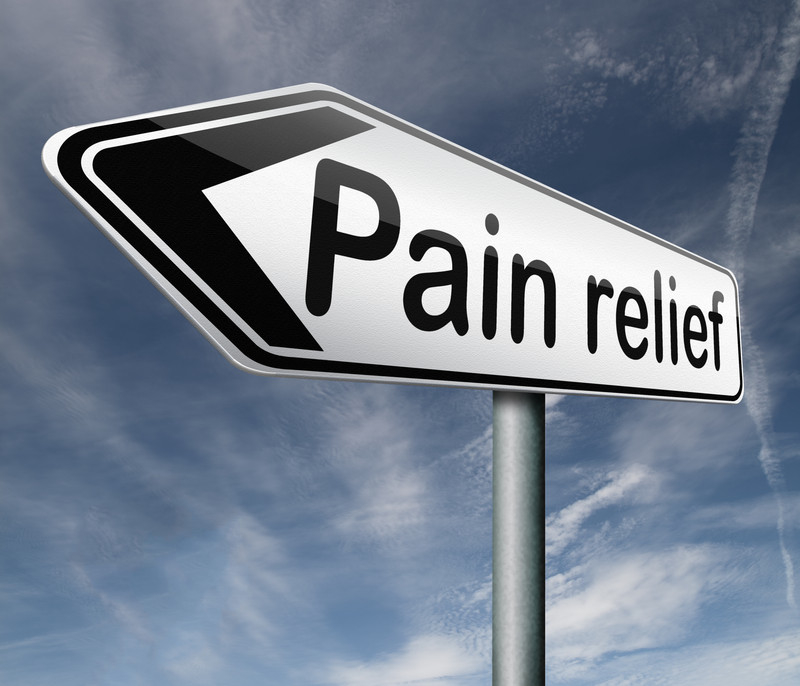Chronic pain does more than hurt physically. It can be stressful and isolating. If you suffer from recurrent pain, you may worry about trying activities that might aggravate it or when it will strike next. You may feel anxious at the possibility of it ruining important life events. People who suffer chronic pain often have to carefully arrange their lives to manage their pain, and this isn’t always understood by those around them. Sometimes even the best planning doesn’t work out, and despite their efforts, people with chronic pain may sometimes have to miss special occasions, which can lead to guilt and worry that others will take offense or be hurt. When people don’t see an obvious, physical cause for the pain, they can be inpatient and doubtful, which adds to both the stress and isolation that can result from chronic pain.
Comprehensive pain management care should be holistic and include emotional support and counseling to deal with these issues. Pain clinics should treat the whole patient, including supporting their emotional needs. A pain specialist is an expert who should be familiar with the mental and emotional challenges of living in pain. Patients should feel free to share their upset, anxiety, disappointment and guilt and get meaningful help at a pain clinic.
What kind of help is available?
> Cognitive Behavior Therapy:
CBT teaches patients how to better manage their thought and behavior patterns. Patients can learn how to cope with episodes of pain and to recognize what can trigger them and when they are starting. This form of counseling can give patients more control over their illness.
> Acupuncture:
While this therapy is well known for successfully controlling pain, it can also be used to treat anxiety and depression. Acupuncture works by regulating the flow of energy through the body. It can prompt the body to release endorphins.
> Support Groups:
In person or online, peer support can cut through the sense of isolation that can come with chronic pain. We all tend to gravitate toward people who share our experiences, and peer support groups are simply an organized way to do that. You can learn new approaches, hear different perspectives and experiences, and be understood and supported in these groups. Online groups have the advantages of being available at any time and being accessible from home.
> Pain Management Apps:
Yes, there really is an app for everything now. A pain management app can make it easy to log your systems and even display them on a graph to share with your doctor. They can also provide more information and news about your condition.
> Medication:
This is not the solution for everyone with chronic pain, but in some cases anti-depressants or mood stabilizers can help. It’s a complicated area if you are also on medication for your condition. Some people also find that natural remedies and herbal supplements such as CBD oil can make their pain more manageable and therefore researching a few different options is strongly recommended. For instance, nowadays, there are a few different ways to take CBD such as in the form of oils, skincare products, and even edibles like gummies. Just remember to always speak to a doctor before using any medicines or natural remedies, as not everything is suitable for everyone.
Whatever the cause of your pain, it is important to seek holistic pain management that treats all of your symptoms – not just the physical ones.






























